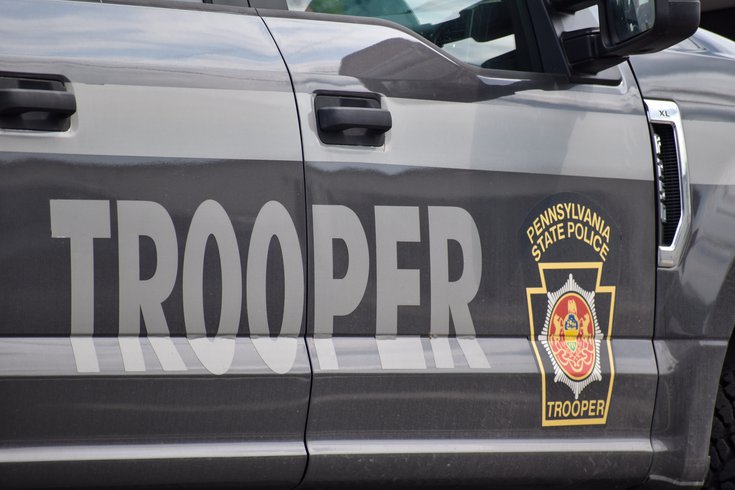
August 08, 2023
 FRANK PISCANI/IMAGN CONTENT SERVICES, LLC
FRANK PISCANI/IMAGN CONTENT SERVICES, LLC
Pennsylvania State Police are testing out new body-worn cameras before implementing them statewide.
Pennsylvania State Police have begun a program to test body-worn cameras for the first time, beginning in the south-central part of the state before troopers statewide are given the recording devices.
The pilot program will run for 60 days with Troop H in Carlisle, Cumberland County, which was chosen because the area is representative of the many communities served by state troopers. Once the trial run is complete, body-worn cameras will be implemented in phases in the rest of the state.
"The public rightfully expects their interactions with police be safe, respectful, and constitutional, and I believe the use of body-worn cameras demonstrates that the Pennsylvania State Police is committed to providing faithful and honest law enforcement services," Colonel Christopher Paris said Tuesday.
Pennsylvania State Police have lagged behind other law enforcement agencies in adopting body-worn cameras, which are viewed as effective tools for public accountability and a way to ensure greater transparency in police-involved shooting investigations.
Calls for police-worn body cameras were raised again in June, when a state trooper fatally shot 18-year-old Anthony Allegrini Jr., of Glen Mills, while responding to reports of cars drag racing and doing burnouts on I-95 in the area of Penn's Landing. State police said Allegrini defied an order to stop his car and struck two troopers before one of them fired into the vehicle through the windshield. The investigation of that shooting is being led by the Philadelphia District Attorney's Office.
About 80% of the nation's largest local police departments — those with 500 or more full-time officers — had acquired body-worn cameras by 2016, according to data from the U.S. Department of Justice. This includes officers in Philly, Upper Darby and Pittsburgh. But Pennsylvania State Police — which comprises about 4,700 troopers who serve at 87 patrol stations, each of which is assigned to one of 16 geographic areas called troops — have yet to implement body-worn cameras. In smaller communities that do not have their own police departments, state police act as local law enforcement.
The department signed a five-year, $40 million contract with the Arizona-based tech and weapons company Axon to provide 2,500 body-worn cameras. The contract also includes 1,700 new dashboard cameras and 100 new interview room cameras, as well as support and maintenance for the equipment and cloud-based storage of footage.
"It was not in any way a day late or a dollar short," Paris said at a press conference Tuesday morning. "This was a contemplated action to give us the best global solution that we possibly could."
For the test program in Carlisle, 18 body-worn cameras will be shared among troopers to be worn on-duty and passed off during shift changes. The program will be monitored by the department's Bureau of Communications and Information Services in Harrisburg, which will work to identify best practices and identify any additional needs.
Footage from body-worn cameras will be accessible from the state's Office of Open Records using a procedure called an Act 22 request, which enables people to petition for access to audio and video recordings within 60 days of the recording. State police may also publicly release certain recordings at their own discretion, sometimes redacting content as deemed necessary to protect confidentiality or sensitive information related to an investigation.
Pennsylvania State Troopers Association president Dave Kennedy said Tuesday morning the union supports the adoption of body-worn cameras, but called on the state to invest in the department and increase the number of troopers.